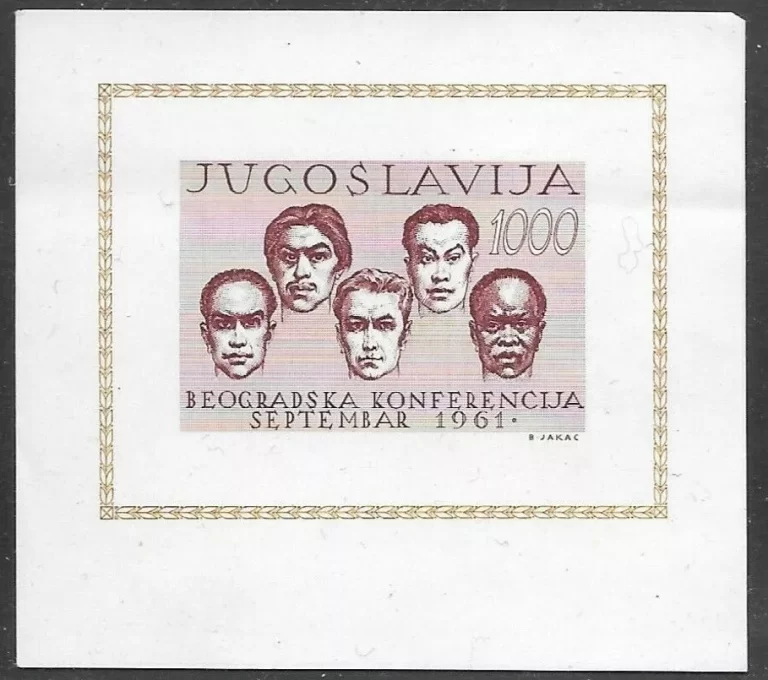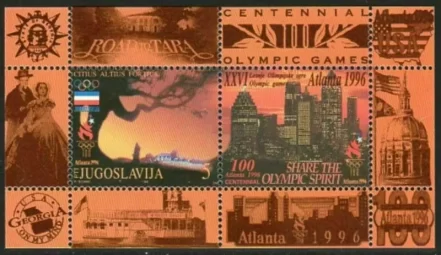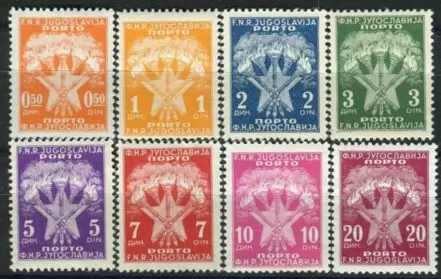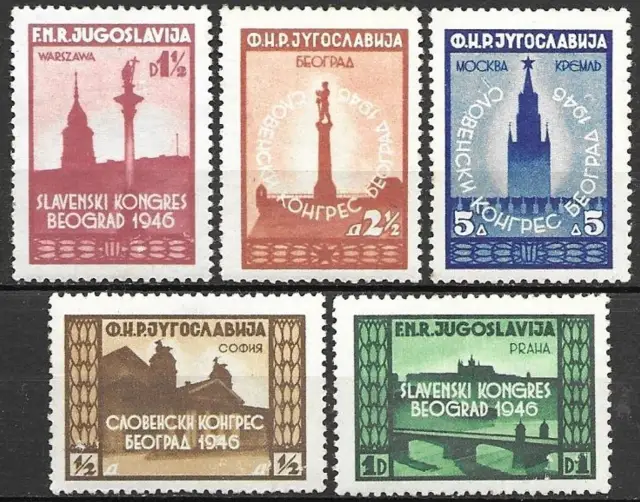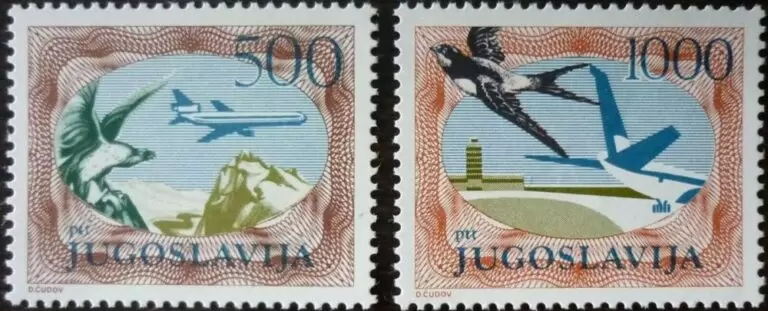Yugoslavia year 1961 Non-Aligned Movement Conference, Belgrade MNH
The Non-Aligned Movement (NAM) Conference held in Belgrade, Yugoslavia, in 1961 was a significant event in the history of international relations, particularly during the Cold War era. The Non-Aligned Movement emerged as a response to the bipolar division of the world into the Western bloc led by the United States and the Eastern bloc led by the Soviet Union.
The conference in Belgrade brought together leaders from newly independent countries, primarily from Asia, Africa, and Latin America, who sought to assert their independence and sovereignty in a world dominated by superpower rivalry. The term “non-aligned” referred to these nations’ decision not to align themselves with either of the Cold War blocs.
The conference in Belgrade served several purposes:
- Establishing Principles: The participating nations affirmed their commitment to principles such as national sovereignty, territorial integrity, and non-interference in the internal affairs of other states. They also advocated for peaceful coexistence and disarmament.
- Promoting Solidarity: The conference provided a platform for solidarity among newly independent countries, many of which were emerging from colonial rule. It allowed them to share experiences, challenges, and strategies for development and nation-building.
- Asserting Independence: By convening the conference, Yugoslavia, under the leadership of President Josip Broz Tito, sought to assert its own independence from both the Western and Eastern blocs. Tito played a crucial role in promoting the idea of non-alignment and in bringing together like-minded nations.
- Influencing Global Politics: The Non-Aligned Movement represented a significant shift in global politics, challenging the dominance of the superpowers and advocating for a more equitable and just world order. It provided a voice for countries that had previously been marginalized or ignored in international affairs.
Overall, the 1961 Non-Aligned Movement Conference in Belgrade was a milestone in the history of international relations, laying the groundwork for a movement that would continue to play a significant role in global politics for decades to come. It represented a break from traditional power dynamics and offered an alternative vision for the future of international cooperation and diplomacy.

